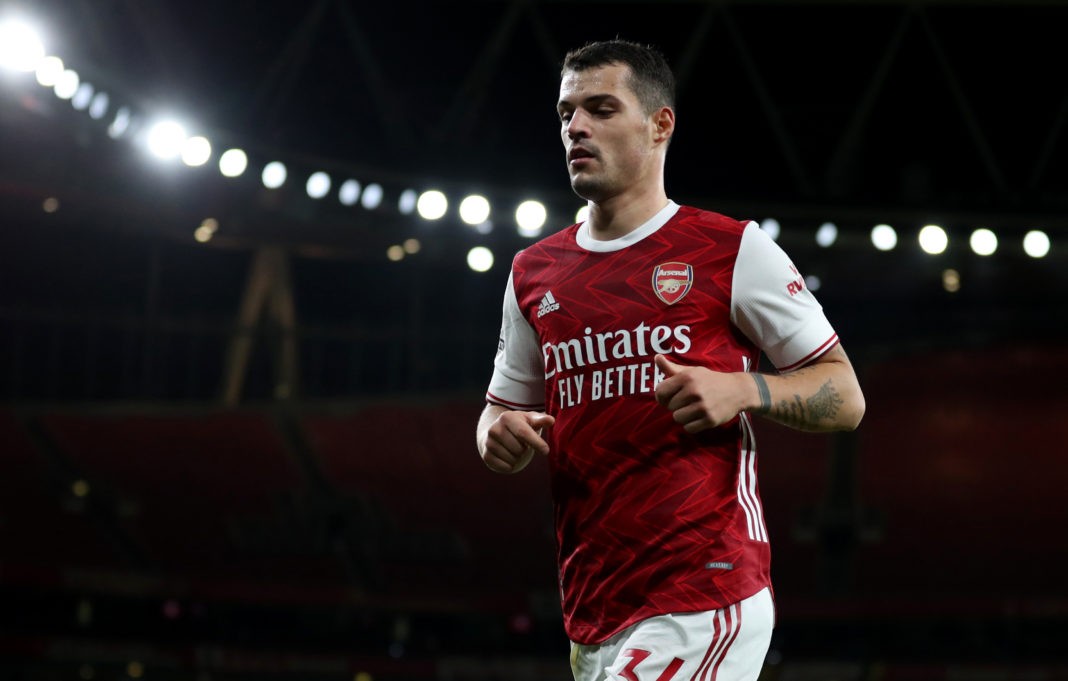Granit Xhaka has revealed that Mikel Arteta asked him to explain himself in regards to the gesture he made towards fans last season that cost him the Arsenal captaincy and almost cost him his Arsenal career.
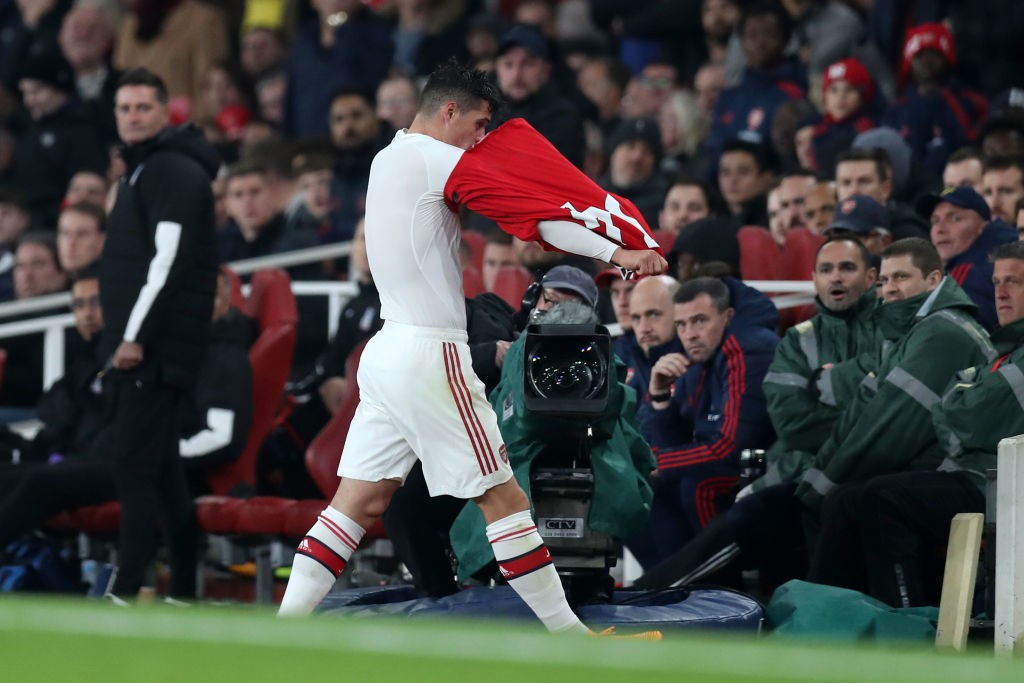
At the time, it seemed like there was no way back for Granit Xhaka after he was abusive towards the crowd following their abuse of him.
But, to his fortune (and ours), Unai Emery was sacked not long after and Mikel Arteta came in prepared to give everyone a clean slate. Speaking of fortune, check out new-casino.ca for the best payout online casino.
Conversations behind closed doors took place and now that he is on international duty, Granit Xhaka has been talking about those chats.
“I was able to do something at Arsenal that I had missed in the national team at the time: explain myself,” Xhaka told Neue Zurcher Zeitung on Sunday.
“I didn’t go to training for two days, worrying about what all had happened.
“With my heart I had already left the club. The fact that I am still there today is thanks to coach Mikel Arteta.
So how did he convince Xhaka to stay?
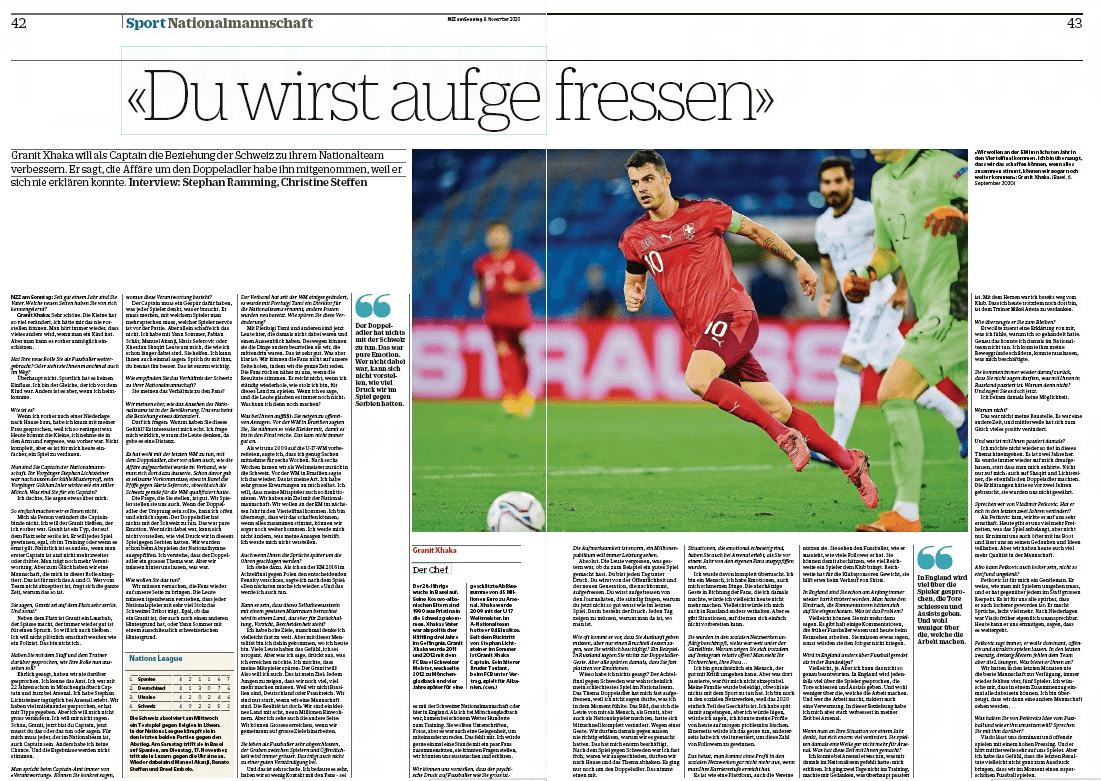
“First, he wanted an explanation from me of what I felt, why I had acted like that. That’s exactly what I couldn’t do in the national team. I could tell him my motives, let out what was on my mind.
“I was completely surprised by this [abuse from the fans].
“I am a human being, I have emotions, even I get hurt by things. The disparaging gesture towards the fans that I made back then, I might not make today. Maybe I would behave differently in Russia too.
“But there are situations that you just can’t prepare for.
“I am basically a person who can handle criticism well. But what happened there was not acceptable to me. My family has been insulted even though it has nothing to do with the sport.
“I’m still on the social networks because in 2020 it is just part of the business. I started it late, but I would be lying, I would say I could easily delete my profiles from one day to the next. On the one hand I would like to do that, on the other hand I have invested a lot to gain this number of followers.
“It’s like a platform, even the clubs use it. You see the footballer, how he looks, how many followers he has. You can use it to estimate how much reach a player brings to the club.
“Reach has weight for the club sponsors, it helps for example with the sale of shirts.”
His references to the Swiss national team are about the trouble he got into on international duty when he made Albanian the double-headed eagle as part of a celebration in a match against Serbia.
Speaking after the match about the gesture, Xhaka said, “Frankly, my opponents did not interest me at all.
“It was for my people, who always supported me. For those who did not neglect me, in my homeland, where my parents’ roots are. These were purely emotions.”
FIFA claimed the gestures ‘risked inflaming political tensions in the Balkans among Serbian nationalists and ethnic Albanians’ and Xhaka is now facing the possibility of a two-match ban. Article 54 of FIFA’s disciplinary code calls for an automatic two-match ban for those found guilty of ‘provoking the general public’, a ridiculously vague clause that allows the governing body to pick and choose what it deals with.
Speaking to the complex geopolitical situation in the region that has resulted in a number of players turning out for Switzerland because Kosovo was not recognised as a nation when they declared their international allegiance, Xhaka and Xherdan Shaqiri, who was also charged, both used the gesture, which references the Albania flag, when they scored.
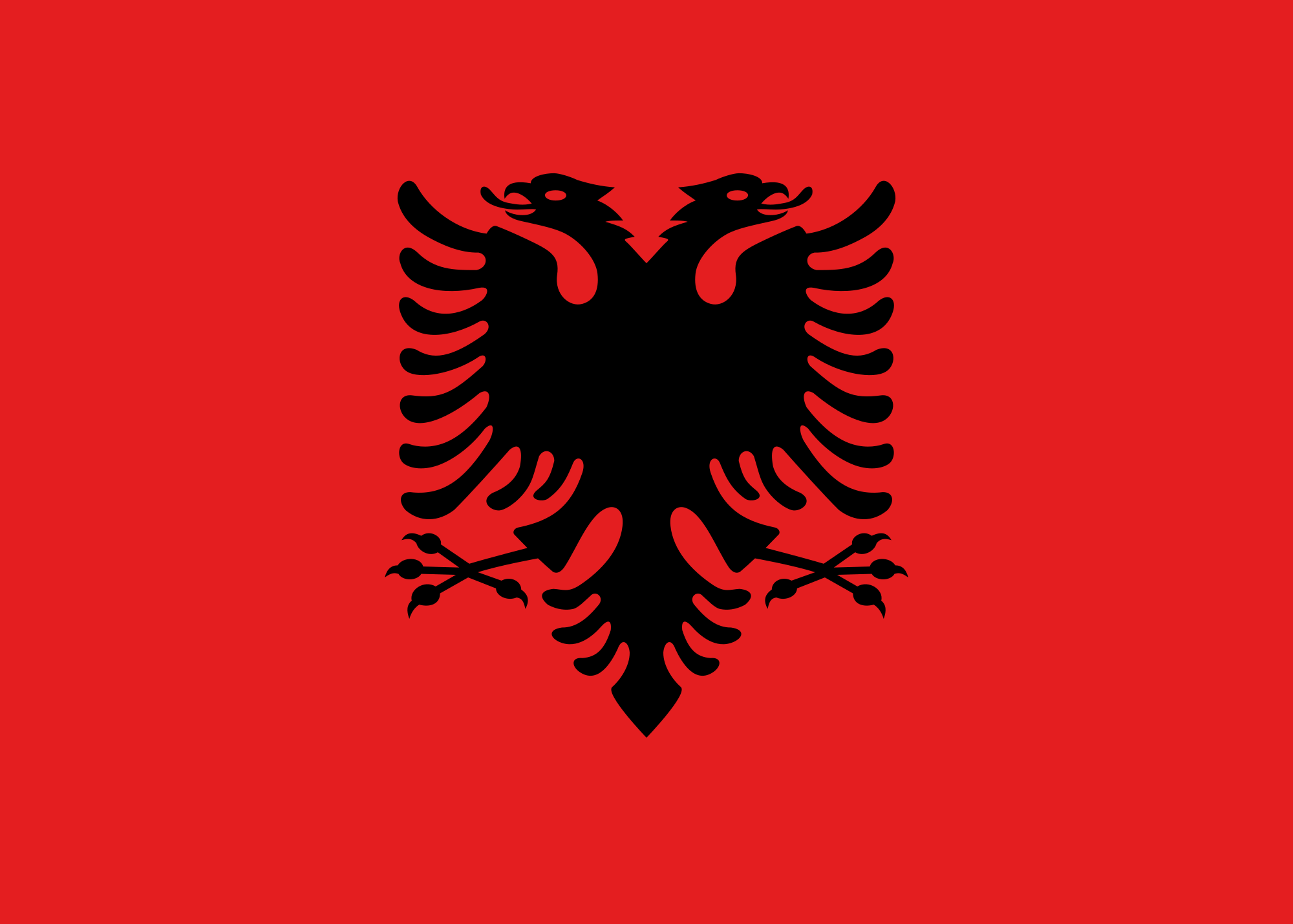
Both players have Albanian heritage with Xhaka’s parents fleeing Kosovo before he was born. His father served three-and-a-half years in prison for protesting the communist central government in Belgrade.
Shaqiri was born in Kosovo, the former Serbian region that declared independence in 2008. His family fled the country for Switzerland.
Speaking after the match, Shaqiri said, “I think in football you have always emotions.
“You can see what I did and I think it’s just emotion. I’m very happy to score this goal. It’s not more. I think we don’t have to speak about this now.”
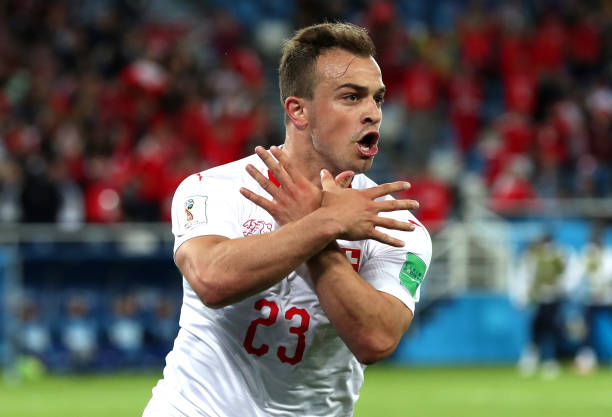
Xhaka, meanwhile, took to his Snapchat account to say, “Serbia I broke your net, because you call me Granit Kosova.”
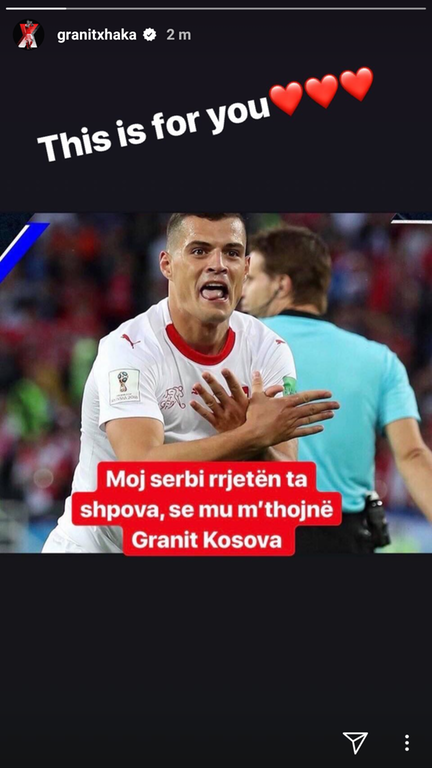
The then-Swiss captain, and Xhaka’s Arsenal teammate, Stephan Lichtsteiner came to the defence of both players.
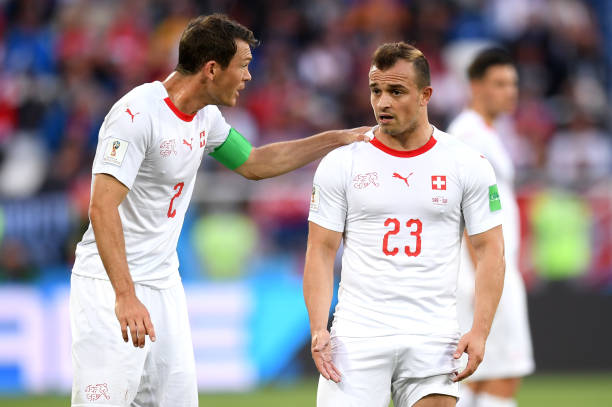
“They were provoking us for two or three days, so I think they beat each other,” he said. “They are not angels, but for me, it was a very hard war for many of our players’ parents, there were pressures and provocations so for me everything is fine.”
Granit Xhaka previously said that his father’s struggle for freedom in Kosovo spurred him on to be the best player possible.
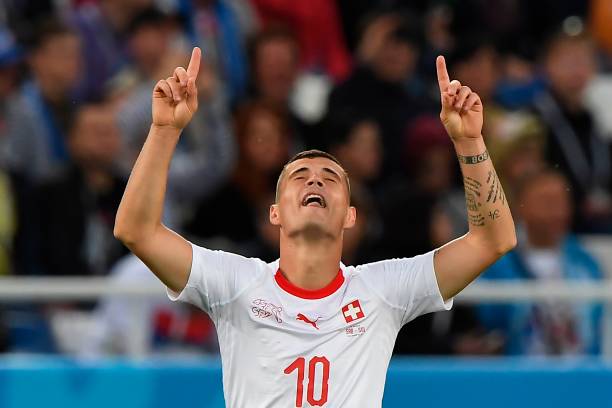
Ragip Xhaka was 22-years-old when he was taken to jail, where he spent the next three-and-a-half years for participating in demonstrations against the communist central government in Belgrade. Seeking democracy and freedom at a time of conflict and confusion, he paid a high price for voicing his beliefs.
“It’s true that my father was imprisoned for three and a half years and it was because he stood up for what he believed in,” Xhaka told Swiss newspaper Blick in 2014. “It’s not a taboo subject in our household, we talk about it. After all, I want to know what happened.”
While FIFA strive to keep politics out of football, something many fans would also like to do, it is simply impossible to do.
Politics touches every part of our lives and no matter how much people would rather it wasn’t the case, as long as humans play and run football, politics will continue to play an important role no matter what FIFA or anyone else wants.

